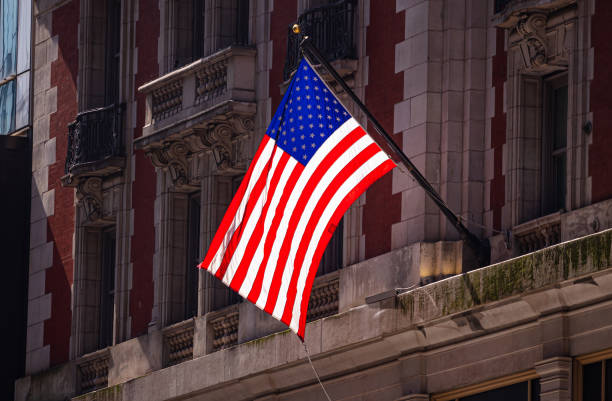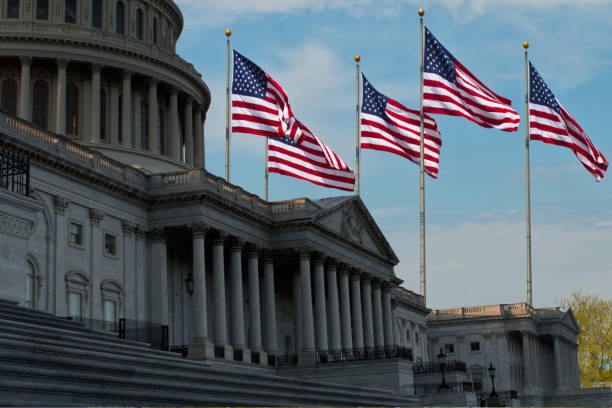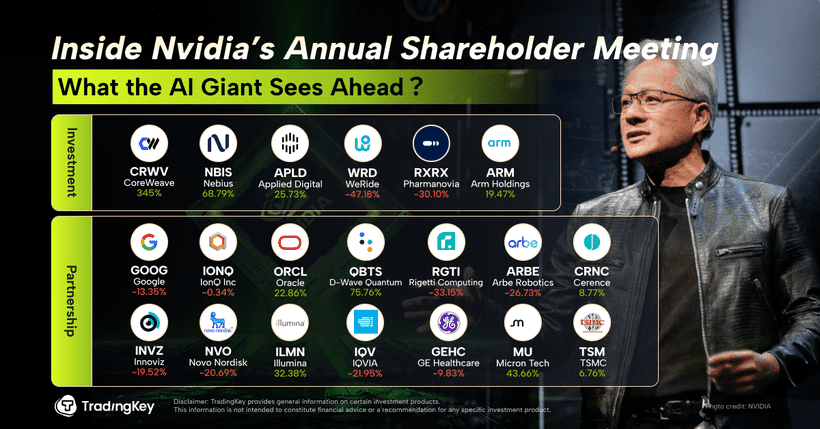Ben & Jerry's co-founder expects corporate conflict to continue under new ownership

By Jessica DiNapoli
NEW YORK, Oct 8 (Reuters) - Ice cream brand Ben & Jerry's is set to switch corporate owners next month, but for Ben Cohen, the counterculture brand's co-founder, it is a case of meet the new boss, same as the old boss.
As of November, Ben & Jerry's will be owned by Magnum Ice Cream Co when Magnum is officially spun out from its current parent, London-based Unilever ULVR.L. Cohen expects the simmering conflict between Ben & Jerry's and Unilever to continue as he carries on a quest to try to buy back the brand he co-founded in 1978.
Cohen said Magnum is censoring Ben & Jerry's ability to speak out on progressive causes like Palestinian rights and U.S. immigration. The brand last year claimed in a lawsuit that Unilever had violated a hands-off policy it had agreed to under which it acknowledged the ice cream maker's independent board and its responsibility for its social mission.
"There is no difference between how Unilever is muzzling Ben & Jerry's and Magnum," Cohen told Reuters in an interview, saying the same executives are demonstrating a similar "muzzling prowess."
Magnum said in a statement that it has had discussions on only about 2% of the brand's social media posts over the years.
"We have always striven to work together with the Ben & Jerry’s teams to craft balanced messages in line with the original agreement around the progressive, non-partisan social mission," Magnum said.
Together with Unilever, the companies previously said they have sought to engage both co-founders in a conversation on how to strengthen Ben & Jerry's values-based position.
Unilever did not respond to a request for comment Wednesday.
Unilever's former president of its ice cream business, Peter ter Kulve, is now the CEO of Magnum. Filings in the lawsuit assert that he banned the brand from making any statements criticizing U.S. President Donald Trump. Unilever previously did not respond to a request for comment on the matter.
Cohen added that the conflict will grow when the Magnum spinoff is complete, because Ben & Jerry's will account for a larger percentage of the company's business.
"The ongoing conflict is more problematic for Magnum than Unilever," he said.
Cohen has previously met with ter Kulve in Vermont, where the company is headquartered, and Europe. Efforts to settle the lawsuit have been unsuccessful.
Ben & Jerry's brought in about 1.1 billion euros ($1.28 billion) in revenue in 2024, making it third-largest of the brands in Magnum, which brought in 7.9 billion euros in revenue in that time, according to a June 2025 company presentation. Unilever posted revenue of 60.8 billion euros in 2024.
Cohen is trying to buy back Ben & Jerry's for $1.5 billion to $2 billion with a group of investors, but said Unilever and Magnum will not hand over key financial information. He did not name the investors.
Magnum said in its statement that Ben & Jerry's is not for sale.
Cohen plans to keep trying to buy back the brand.
"What they believe is that they can have the benefits of owning Ben & Jerry's in terms of sales and profitability ... without dealing with the stands that Ben & Jerry's is driven to take based on its social mission," he said.
Founded by Cohen with business partner Jerry Greenfield, Ben & Jerry's became nationally known for whimsically named flavors that drew on 60s-era psychedelia. "Cherry Garcia" was named after the Grateful Dead's lead guitarist Jerry Garcia. Another flavor, the discontinued "Wavy Gravy," was named for the entertainer-peace activist who made announcements at the Woodstock music festival in 1969.
Cohen and Greenfield sold the brand to Unilever in 2000.
Greenfield quit his role as brand ambassador last month in a protest against Unilever's actions.
Strife between Ben & Jerry's and Unilever erupted in 2021, when Ben & Jerry's decided to stop selling in the West Bank.


-8a7a081ca049441dae56d6b7cc6440c4.jpg)




